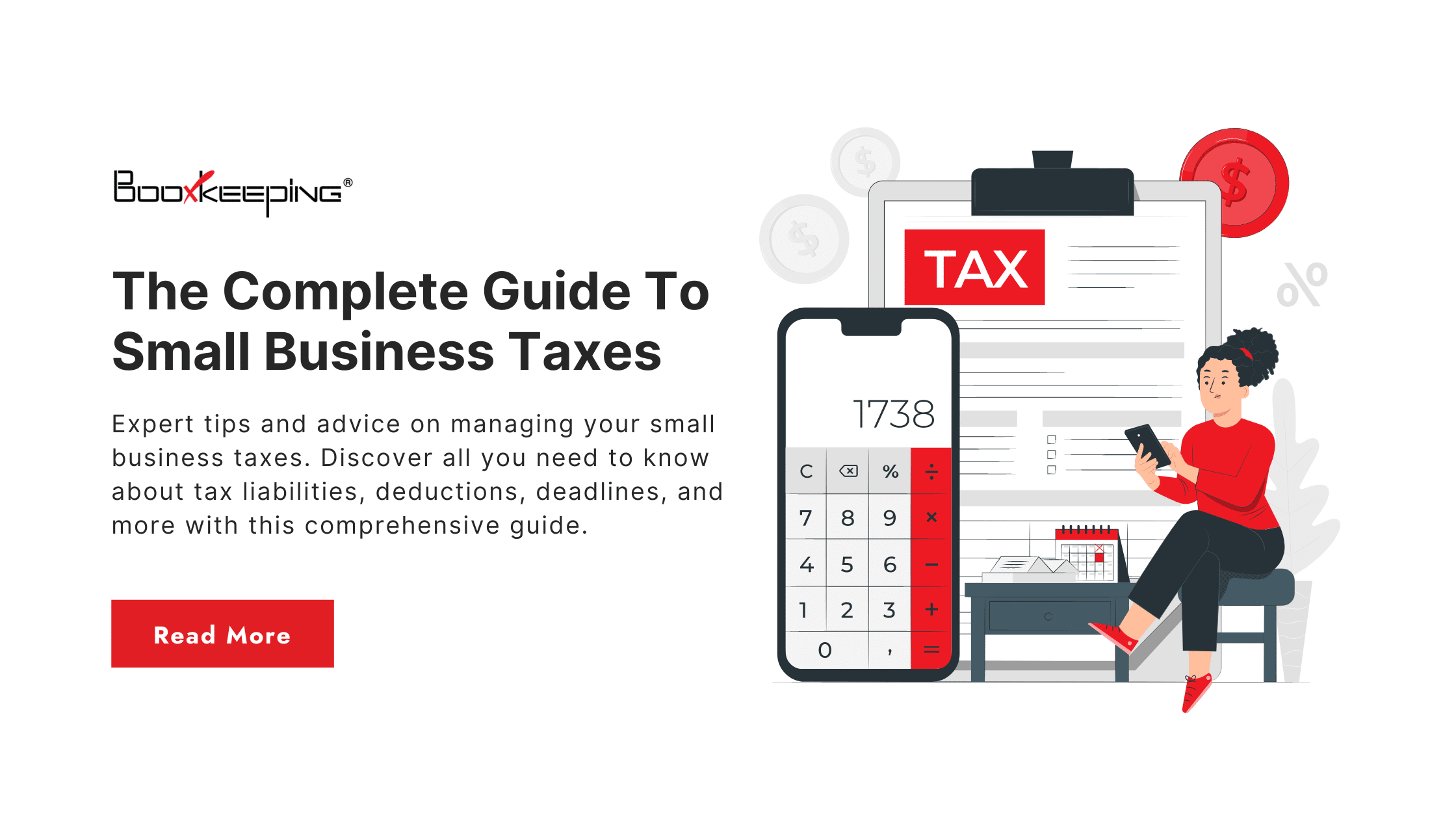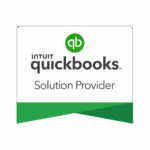Table of Contents
Introduction
Small Business Taxes: An Overview
Small business taxes can be overwhelming, but they are crucial to running a successful business. As a small business owner, staying informed on the latest tax laws, deadlines, and deductions is important to ensure that you are paying the right amount of taxes and not missing out on potential savings.
The purpose of this content is to provide a comprehensive guide to small business taxes, including the different types of taxes that small businesses are responsible for, the liabilities they face, and the various tax deductions and credits available to them. We aim to make the information easy to understand so that small business owners can take control of their tax situation and make informed decisions.
We hope to empower small business owners to confidently navigate the complex world of small business taxes and minimize their tax liabilities.
Understanding Small Business Taxes
The Basics of Small Business Taxation
Small business taxes refer to the taxes that a small business owner is responsible for paying to the government. These taxes help support government services and programs, and failure to pay them can result in penalties and interest charges.
Small business owners need to be aware of various types of taxes, including income, payroll, sales, and property taxes. Depending on the type of business, small business owners may also be required to pay other taxes, such as excise tax or franchise tax.
It’s important to note that small business taxes differ from personal taxes. A small business is considered a separate entity from its owners, and as such, it is responsible for its own tax obligations. This means the business’s income and expenses are taxed separately from the owner’s personal income and expenses.
By understanding the different types of small business taxes and their liabilities, small business owners can take steps to minimize their tax liabilities and ensure that they are in compliance with all tax laws.
Small Business Tax Liabilities
What Small Business Owners Need to Know About Tax Obligations
Small business tax liabilities refer to the amount of taxes a small business is required to pay based on its income, expenses, and other financial transactions. These liabilities can vary depending on the type of business, the location of the business, and other factors.
Income tax is one of the most common small business tax liabilities. This tax is based on the business’s taxable income and is calculated using the tax rate schedule provided by the government. Businesses may also be required to pay payroll taxes, including Social Security and Medicare taxes for employees and unemployment insurance taxes.
Sales tax is another common liability for small businesses. This tax is based on the number of sales the business makes and is collected by the business on behalf of the government. Property tax is also a liability for small businesses that own property, such as a commercial building or land.
It’s important for small business owners to understand their tax liabilities and to keep accurate records of all financial transactions to ensure that they are paying the right amount of taxes. Failure to pay taxes on time can result in penalties and interest charges, which can significantly impact the business’s bottom line.
Business Tax Deductions
Maximizing Your Tax Savings: Understanding Business Tax Deductions
Business tax deductions are expenses that a small business can claim as a reduction of its taxable income. Small business owners can lower their tax liabilities and keep more of their hard-earned profits by claiming tax deductions.
There are many tax deductions available to small businesses, including:
- Business expenses: Expenses such as rent, utilities, and equipment can be claimed as tax deductions.
- Home office expenses: If a small business owner operates a home-based business, they may be able to claim deductions for a portion of their rent, mortgage interest, utilities, and other home-related expenses.
- Vehicle expenses: Small business owners who use their personal vehicles for business purposes can claim deductions for the business-related portion of their vehicle expenses, including fuel, maintenance, and insurance.
- Employee benefits: The business can claim certain employee benefits, such as health insurance, as tax deductions.
- Business entertainment: Business entertainment expenses, such as meals and entertainment for clients, can also be claimed as tax deductions up to a certain limit.
It’s important for small business owners to keep accurate records of all business expenses, so they can easily claim tax deductions when it’s time to file their taxes. Business owners should also be familiar with the latest tax laws and regulations to ensure that they are taking advantage of all the tax deductions available to them.
Tax Deadlines and Forms
Staying On Top of Tax Deadlines: The Importance of Knowing the Right Forms
Understanding tax deadlines and the forms required to file taxes is crucial for small business owners. Failing to file taxes on time can result in penalties and interest charges, which can significantly impact the business’s bottom line.
Small business taxes are typically due quarterly or annually, depending on the type of business and its tax liabilities. It’s important for small business owners to be aware of the tax deadlines relevant to their business, so they can plan accordingly and ensure that they are filing taxes on time.
In addition to tax deadlines, small business owners must also be familiar with the forms required to file their taxes. Some of the most common forms include:
- Form 1040: The standard tax form for individuals, which sole proprietors and single-member LLCs use to report their business income.
- Form 1120: This form is used by corporations to report their taxable income.
- Form 1065: This form is used by partnerships to report their taxable income.
- Form 941: This form is used by small businesses to report their payroll taxes, including Social Security and Medicare taxes for employees.
Small business owners should consult with a tax professional or the IRS website to determine which forms are relevant to their business and understand the instructions for completing and filing these forms. With proper planning and preparation, small business owners can ensure they meet their tax obligations and avoid costly penalties and interest charges.
Filing Extensions and Preparation
Preparing for Tax Season: Understanding Filing Extensions and Preparation
Sometimes, small business owners may need extra time to gather the necessary information and complete their tax forms. In these situations, small business owners can apply for a tax extension.
A tax extension allows small business owners to file their taxes after the deadline, typically six months from the original due date. While a tax extension does not provide additional time to pay any owed taxes, it does provide additional time to gather information and complete the necessary forms.
Small business owners must file Form 4868 with the IRS to apply for a tax extension. This form can be filed electronically or by mail and must be received by the original tax deadline.
You can access the most recent IRS Form 4868 here to apply for a business tax extension
In addition to filing for a tax extension, small business owners can also prepare for tax season by taking the following steps:
- Organize financial records: Small business owners should keep all of their financial records, including receipts, invoices, and bank statements, in an organized manner. This will make it easier to gather the necessary information for tax purposes.
- Familiarize yourself with tax laws: Small business owners should stay informed about changes in tax laws and regulations that may impact their business. This can help ensure they take advantage of all available tax deductions and credits.
- Hire a tax professional: Working with a tax professional can be a valuable investment for many small business owners. A tax professional can help ensure that taxes are filed accurately and on time and guide tax planning and preparation.
With these steps in mind, small business owners can be well-prepared for tax season and confident in their ability to meet their tax obligations.
Conclusion
Putting it All Together: A Recap of the Essential Small Business Tax Information
Small business taxes can be a complex and overwhelming topic, but with the right information and preparation, small business owners can confidently meet their tax obligations.
This article provides an overview of small business taxes, including tax liabilities, tax deductions, tax deadlines, tax forms, and filing extensions. We have also provided tips for preparing for tax season, including organizing financial records, staying informed about tax laws, and working with a tax professional.
By following these guidelines and utilizing the available resources, small business owners can take control of their taxes and ensure that they comply with all tax laws and regulations.
At BooXkeeping, we are committed to providing small business owners with the information and resources they need to succeed. We hope that this article has been helpful in providing a solid foundation for small business owners to understand their tax obligations and prepare for tax season.







